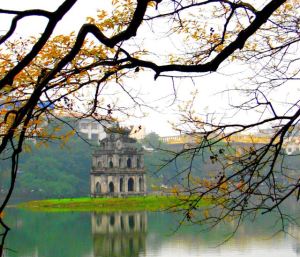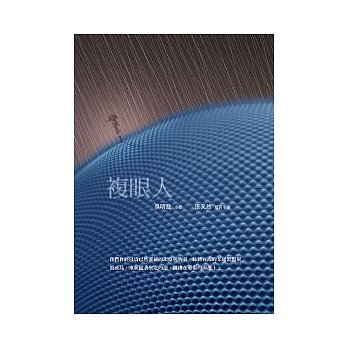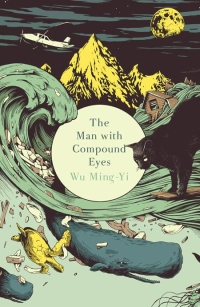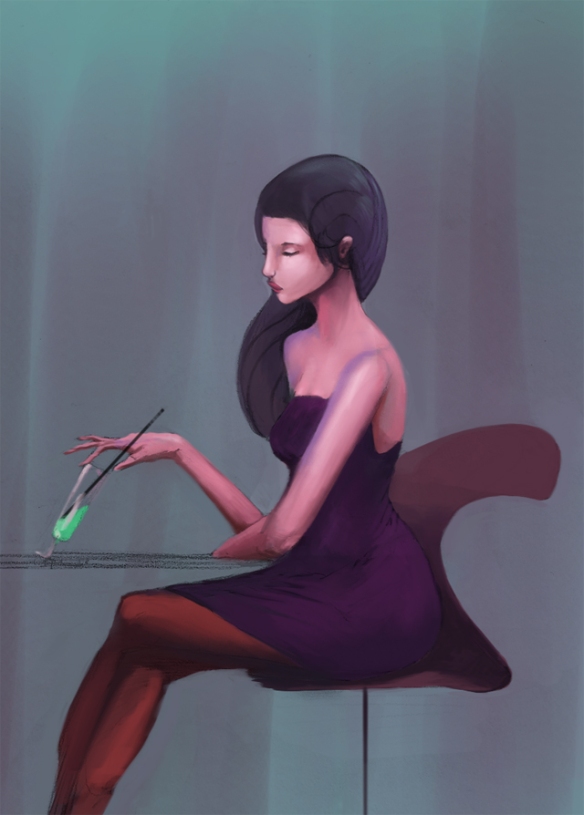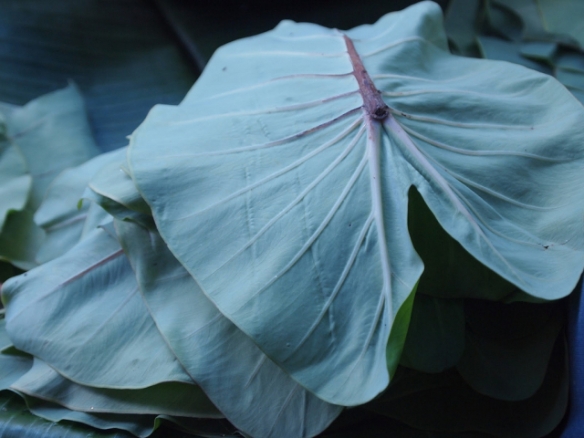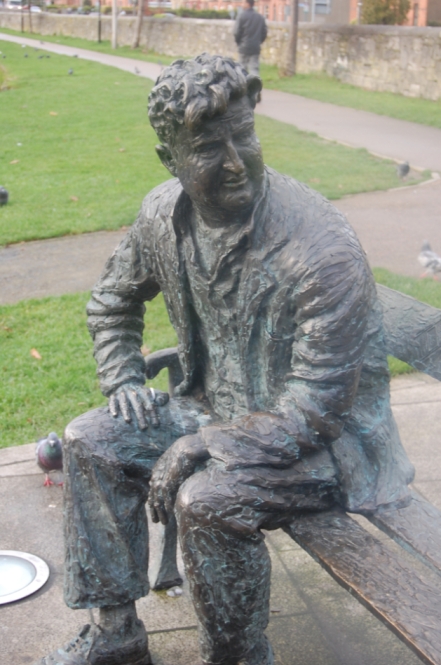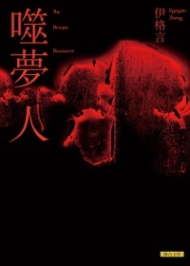I heard about this film on the Sinica podcast, where it was described by a critic as a Coenesque dark comedy. When I heard Coenesque I was thinking Burn after Reading, The Hudsucker Proxy or Fargo, not No Country for Old Men, but the film resembled the latter more than the Coens’ out-and-out comedies. Despite this, I thought many aspects of the film were funny, especially the comparison between Lü, the hotshot Beijing lawyer and the ruthlessness and uncouth spite of the “simple” people of the West of China. For this reason the climax of the movie, in which Lü suddenly grows a conscience was a little forced for me, and took away from the idea that despite his education and his sophisticated life in the city, he is no different from the extortionists and bullies he meets in the West of China, even though he thinks he is, which had been the underlying premise of the film in my eyes up to that point. Sadly the director feels the main character needs redemption, and he sacrifices himself selflessly when he could have gotten away, which seems a little bit of a stretch for the character, as we know him, up to that point. The film has a little bit of the character of Yu Hua‘s ‘Leaving at Home at Eighteen’ (余華的〈十八歲出 門遠行〉) but all that grit is lost to the melodrama of the ‘brave self-sacrifice’ trope that is typical fare in Chinese films and crime dramas.
The villain of the piece didn’t have any of the gravitas or psychological depth of Javier Bardem in No Country for Old Men, and by the end of the film we’re left confused as to his motives, as he neither seems purely motivated by money or psychotic enough for his desire to kill being about anything more than money, which results in a two dimensional traditional pantomime villain role, instead of the potentially more nuanced role i felt the character could have been given. The other characters from the west were more believable, including the comic scene where one of the falcon dealers is hammered to death by an innocent-looking mentally handicapped rest-stop resident.
The film is interesting in that it lends another, slightly more gritty perspective, to traditional American monster flicks, like Wrong Turn, or The Hills Have Eyes, except that the monsters aren’t some bizarre inbred mountain tribe, they’re just people driven by poverty or greed to survive. I thought that the discussion about the difference between animals and humans was another interesting aspect to the film, which I talked about in another film review here. It also came up in an interview with Professor Huang Zonghui of National Taiwan University here:
In this film, many of the characters featured are “animalized humans” as Cary Wolfe puts it, which makes the title a play on words – as in there are no people in this place, only animals masquerading as humans – they have been reduced to fighting for survival. One scene that highlights this, is the scene in which Lü is stuck behind a truck carrying straw, which results in a confrontation, in which one of the men in the truck pisses on Lü’s car, like an animal, displaying its superiority . What makes Lü’s emotional journey in the film a little incomprehensible is that his behaviour towards the denouement of the film is at odds with his insistence that the only difference between man and beast is that man can make fire. This is the moment in the film when I thought he was going to set himself alight, but ended up just setting the truck alight with him inside it. I wasn’t sure how his thought process turned towards redemption, as he had previously rationalized all his actions on the basis of survival. Why then does a country bumpkin girl’s attempt to save his life, stop him from abandoning her, when he had been deaf to her pleas before.
One possible explanation is that it is the only way that Lü can see himself as different to the falcon dealer, and as more than just an animal. The falcon dealer can thereby be seen as a mirror for Lü, in which he sees his true nature, from which the only escape is the final gesture of self-sacrifice.
Despite this rather forced ending, the movie is darkly comic in a good way at parts, which distinguishes it from Yu Hua’s short stories (which are simply dark without the comedy). 3.5/5
For Chinese speakers, you can read reviews by film critics Wang Mu and Zhou Liming here


